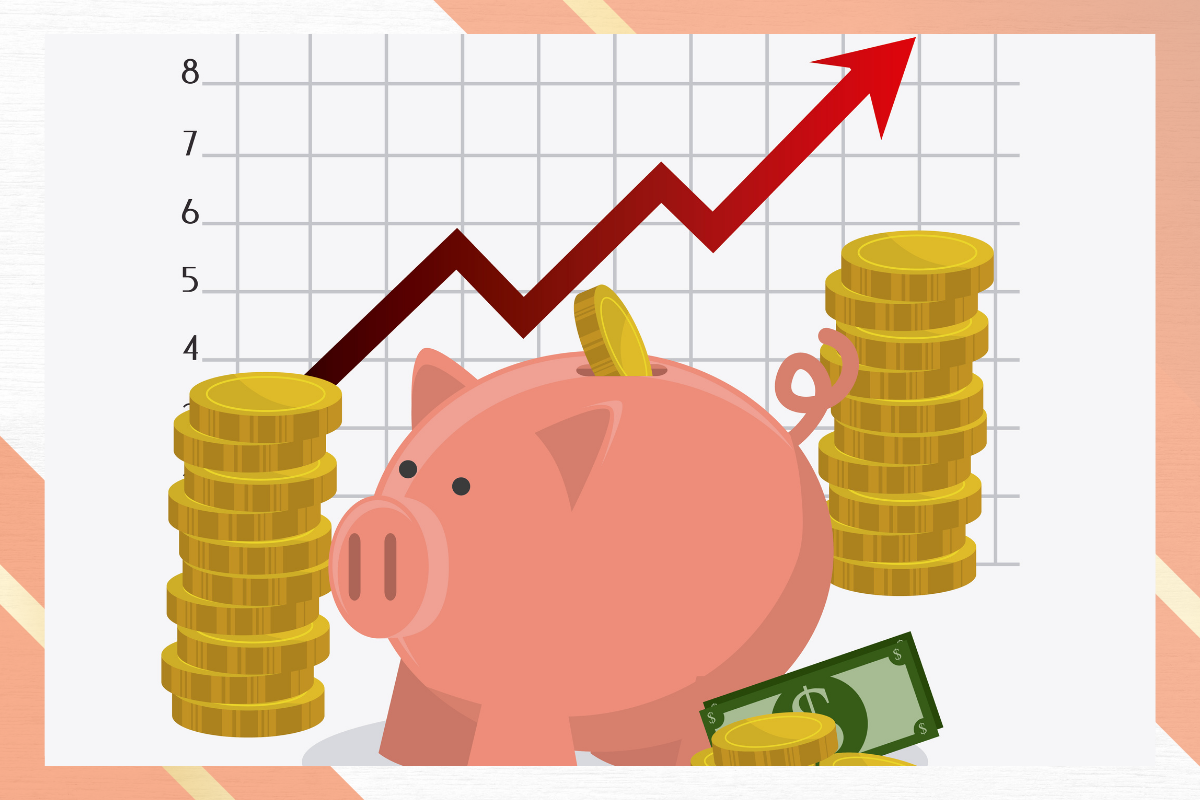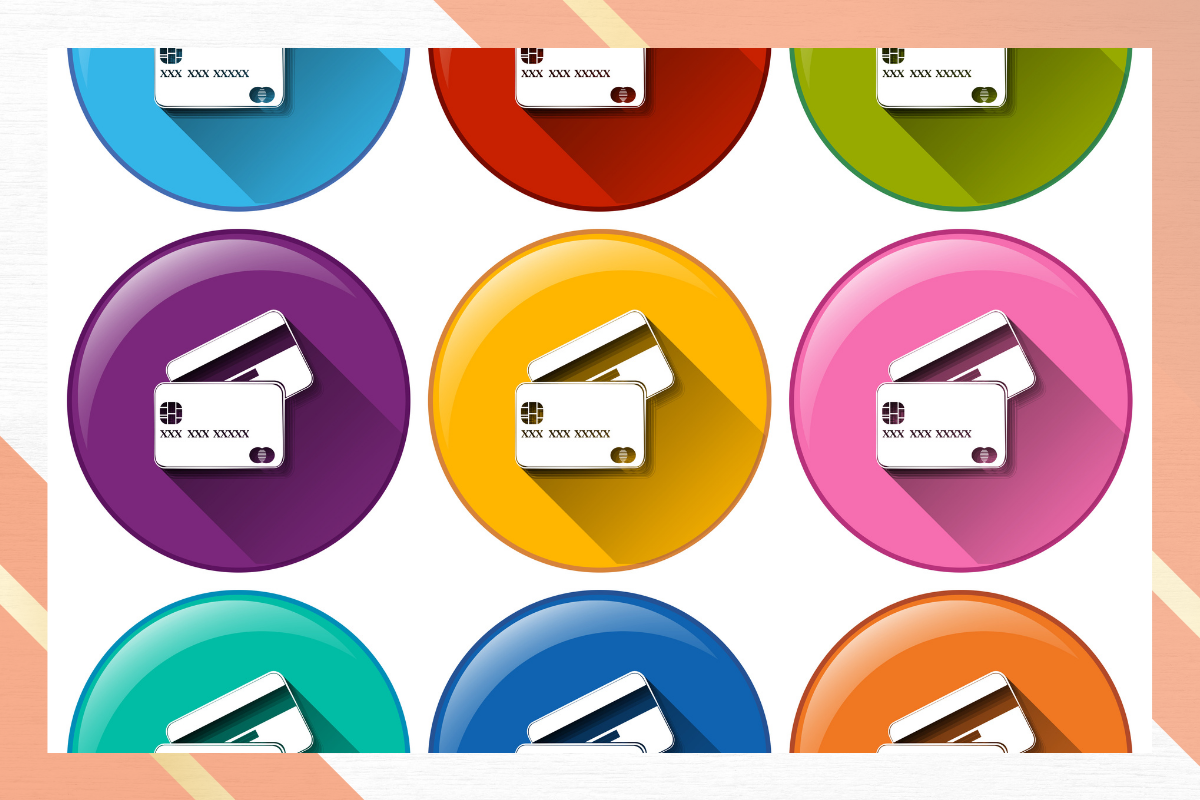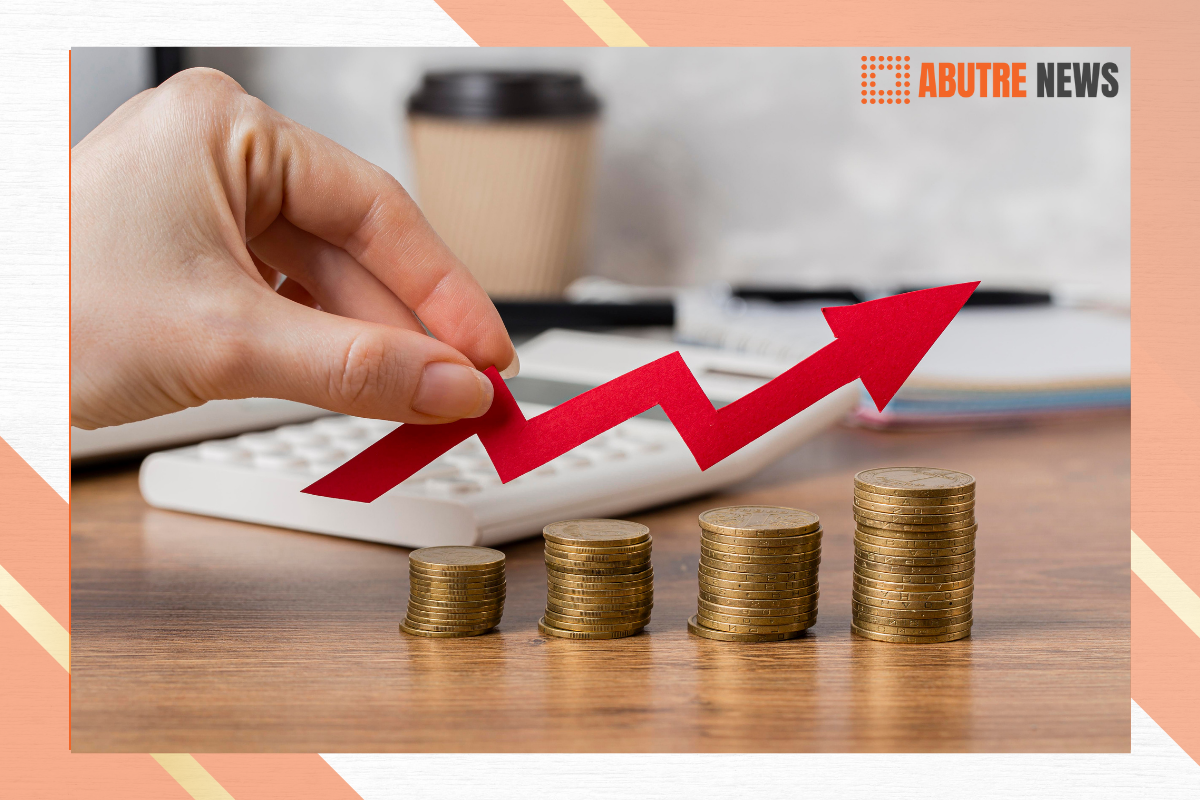We recommendation is:
Want to start investing? Check out this guide for beginners!

In another of our articles, you’ve already learned some tips on how to save your money. But what if we told you that with the money you save, you can start an investment? For those who have a good reserve of money but still don’t know exactly how to start in the investment world, this guide is also for you.
This guide will give you some initial basic knowledge that is necessary for all beginners in the investment world, from those with low incomes to those with high incomes. Here, some of the main doubts of those who are starting or those who want to start but are still afraid or do not know what the first steps to take.
First step: understand your investment profile
Understanding your investor profile plays a key role in starting your investment life. The reason for this is quite simple: knowing your goals and what sacrifices you are willing to make will help you understand what type of investment is right for you. Are they investments with more or less risk? Do you have a high or low cash reserve to “play”?
Suppose you minimally know all your personal/commercial finances, where each of your precious cents comes from and where they go, and set weekly or monthly goals for how much of the money set aside will go to the investment sector. In that case, his will already make things less complex, although it is still not an exactly simple path.
Second step: investing takes time, money, and studies
If you had in mind that to invest you just need to choose some asset, share, share, etc., and buy with the help of your bank manager or with an investment company, forget it. Once you have understood your current financial situation and what you are looking for through investments, the ideal is that before you start injecting your finances into any type of investment, you start studying.
Search for blogs and financial newspapers, follow stock exchanges in your country and others, find out how to invest in the national treasury (as it is one of the simplest and safest ways to invest), and establish your goals. To start an investment portfolio, you need to understand exactly where your money will be going.
There is no easy road when it comes to investing. What exists is a long road that will require patience and the knowledge that, regardless of whether you choose low-risk or high-risk investments, there is a risk. There may be big or small risks of that investment in question going wrong, but they exist, and studying about it can help you minimize your financial losses in this process.
Canadian stock exchanges
There are five designated stock exchanges in Canada:
- Toronto Stock Exchange (TSX)
- TSX Venture Exchange
- Montreal Exchange
- Aequitas NEO Exchange
- Canadian National Stock Exchange (also known as the Canadian Securities Exchange).
Third step: beware of debts and have an emergency cash reserve
As has been said, all investments have their risks. It is very important that every investor, novice or experienced, keep this in mind at all times. Knowing this, one thing that is not recommended, for those who are starting, is that they depend solely on investments to pay their bills and rely only on investments to get rid of their debts. Pay all the debts you have before starting an investment, because if this investment goes wrong, you will only be able to leave your bank account even more “in the red”.
When you finally get out of debt, start saving some money. We are not referring here to a reserve for the investments themselves, but an emergency financial reserve. That way, if your investment goes wrong, you won’t be helpless, you’ll still have money to pay your bills and be fine, thus avoiding total bankruptcy.
It is also important that you have a lot of discipline. Every day, or at least every week, check the investments in your portfolio, see if they are up, down, or stable, see the predictions that the most experienced investors and economists are giving in magazines and blogs. That way, you’ll know when it’s time to exit an investment and start another, thus reducing your losses.
Fourth and final step: Variety
It is indispensable that your investment portfolio is diversified. Of course, in the beginning, the best strategy is to focus on less risky investments, such as fixed-income investments, however, once you have mastered your first investments when you are already having some comfort and success in your choices, start to vary. Different investments will bring returns at different times, which can be converted into new investments or added to your personal income or emergency reserve.
As said before, patience and discipline are your greatest allies when starting out in the investment world. Little by little, if you so wish, you will be able to transform this into your main source of income and acquire full financial autonomy to the point where you no longer need a job (although it is recommended, as this would be financial security, but having more money with investments you can invest in your career and, of course, get better jobs).
Conclusion
Anyway. All these warnings given here, dear reader, were not meant to make you give up on your investing dreams. In no way. The alerts were to make you understand the importance of discipline. However, investing can be a huge and important leap in your life to conquer not only financial freedom, but also so that you can conquer, with a new job and studies, a dignified life full of the perks that every citizen deserves.
In addition to the advice we’ve brought in this article, it’s essential that you follow more blogs and influencers. But stay at this conclusion so that you also beware of charlatans. Have a critical sense, study, don’t get carried away by anyone’s words. There are many who are really experts on the subject of investing, but there are others who want to profit from mistakes. That’s why studying and following those who are really serious scholars is extremely important. Much more than your money, we are talking here about your personal and professional life and, of course, your dignity. No promise of wealth in the world should buy that!
Read more:





